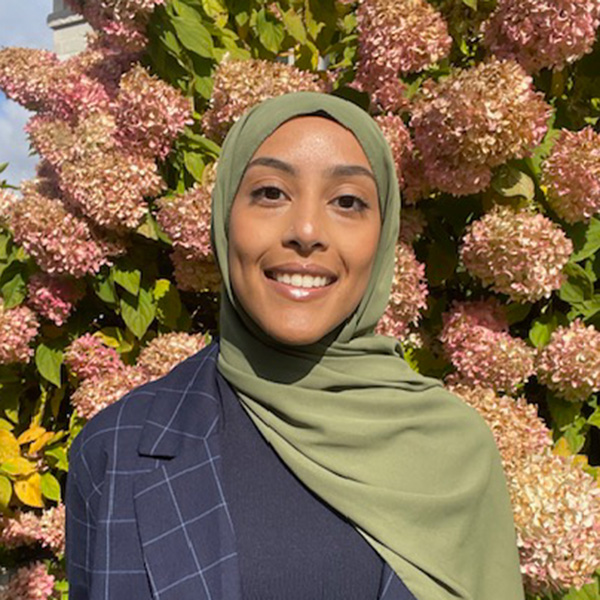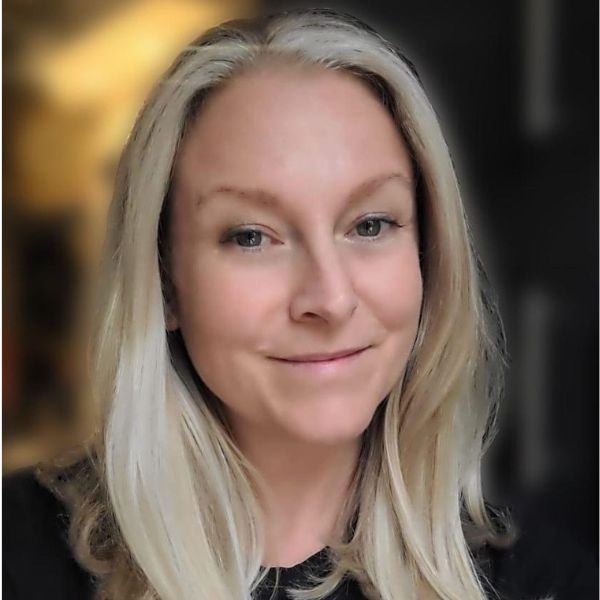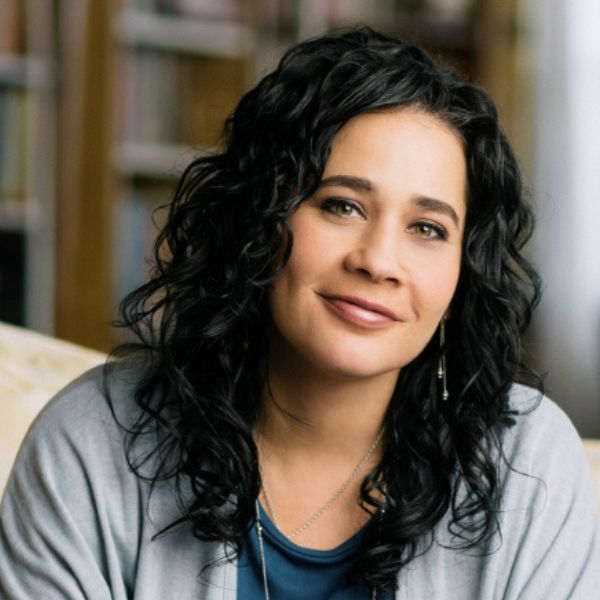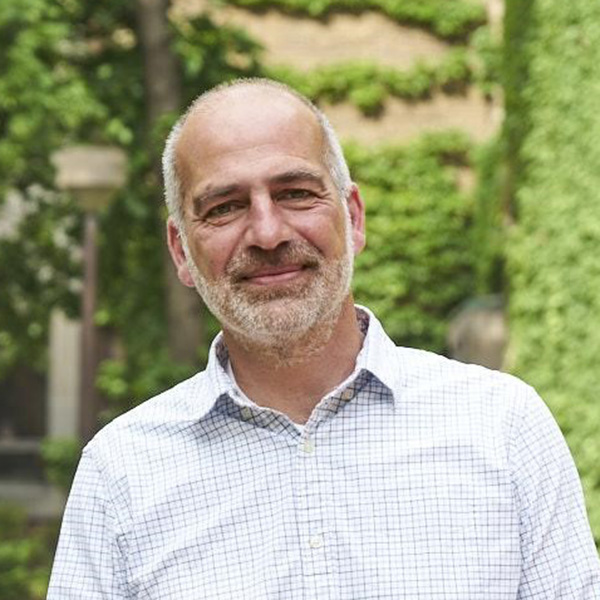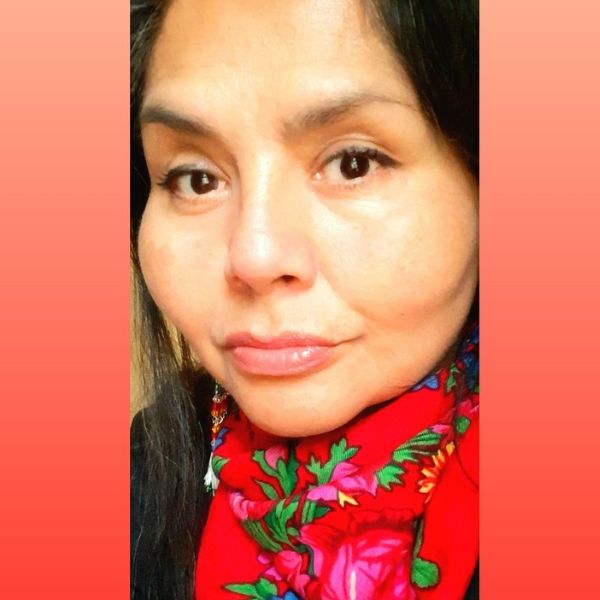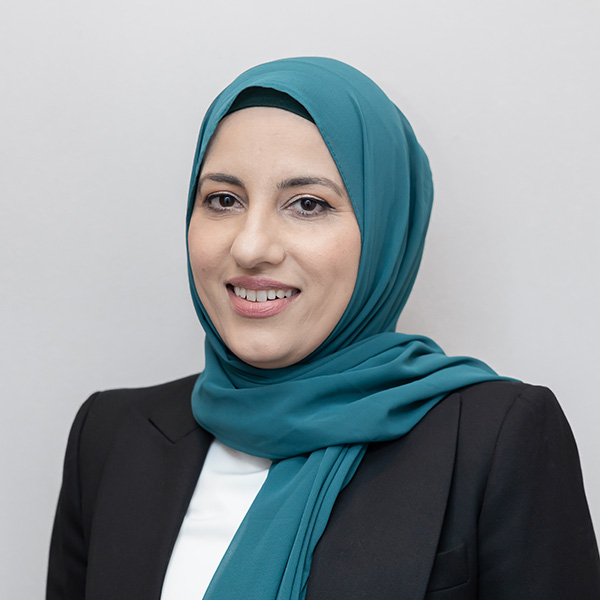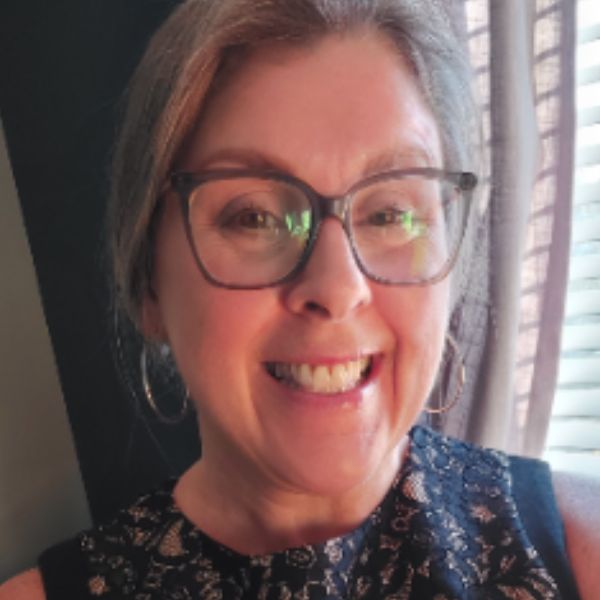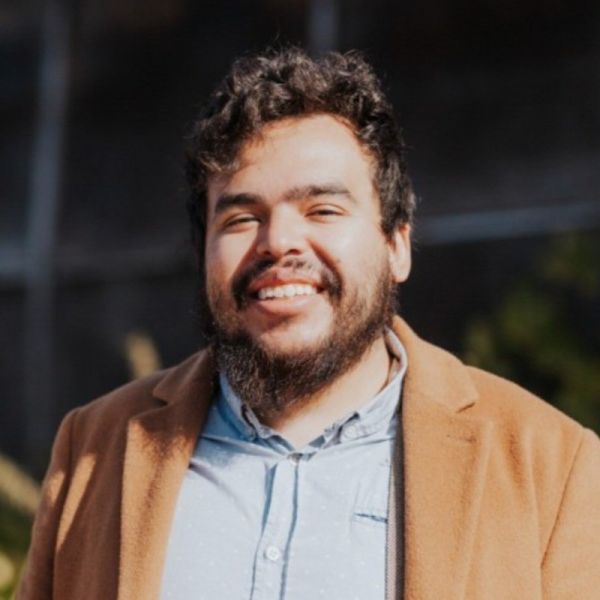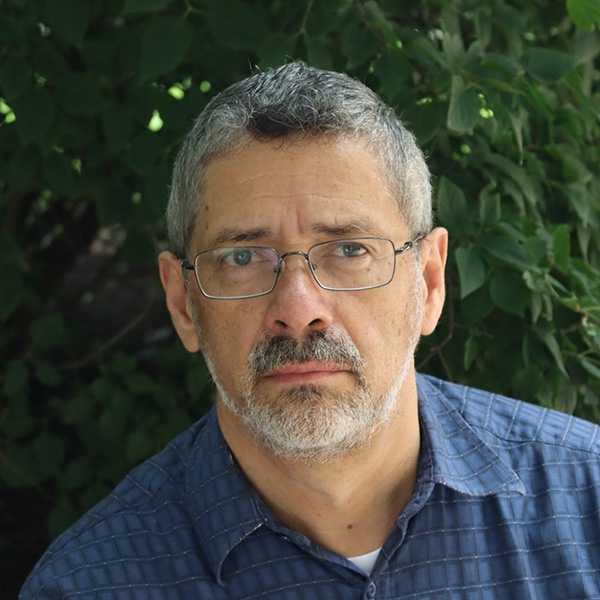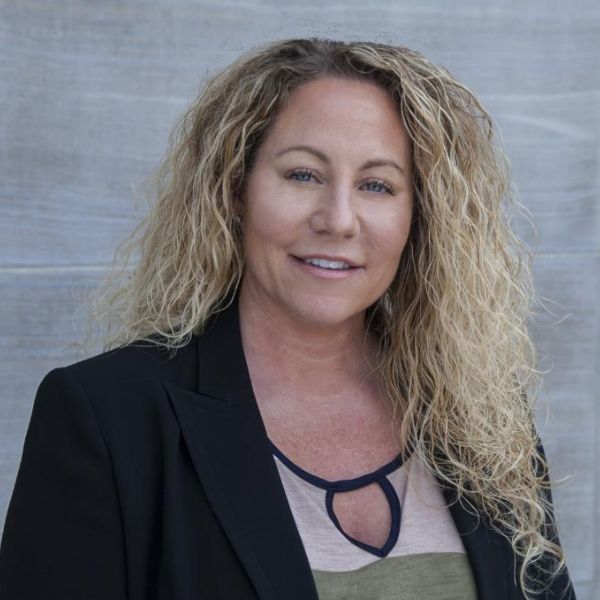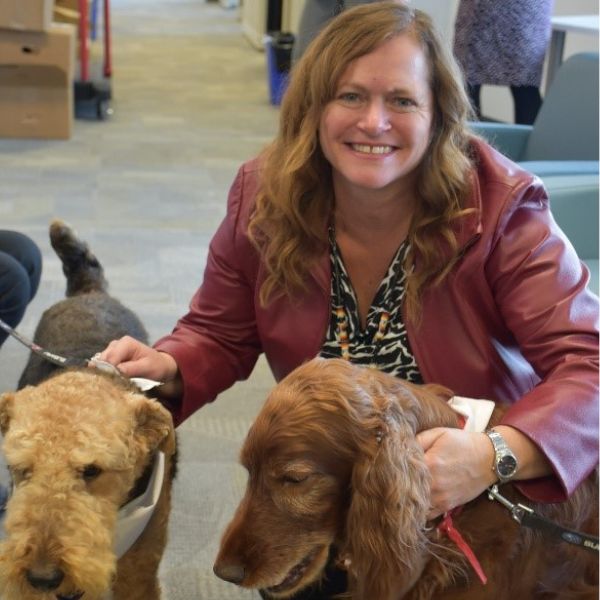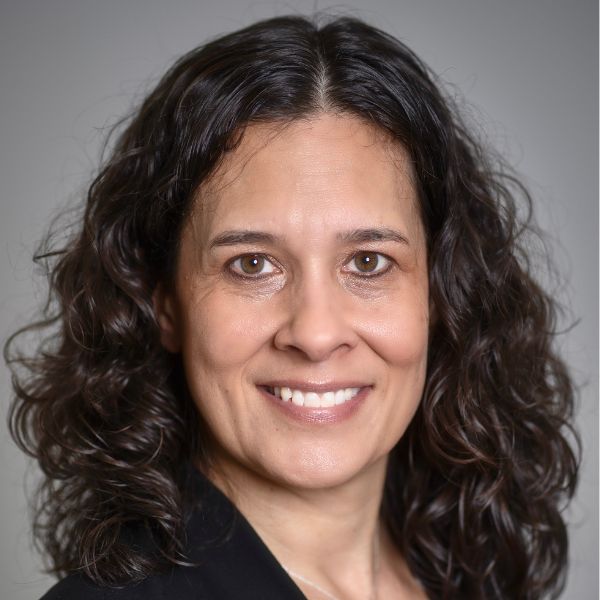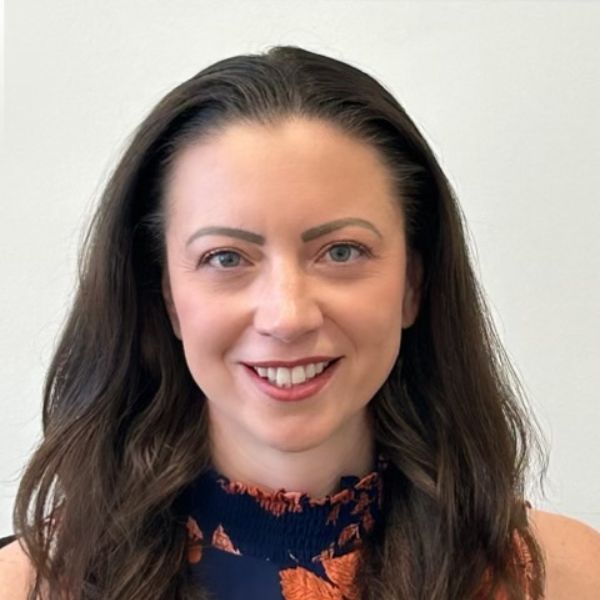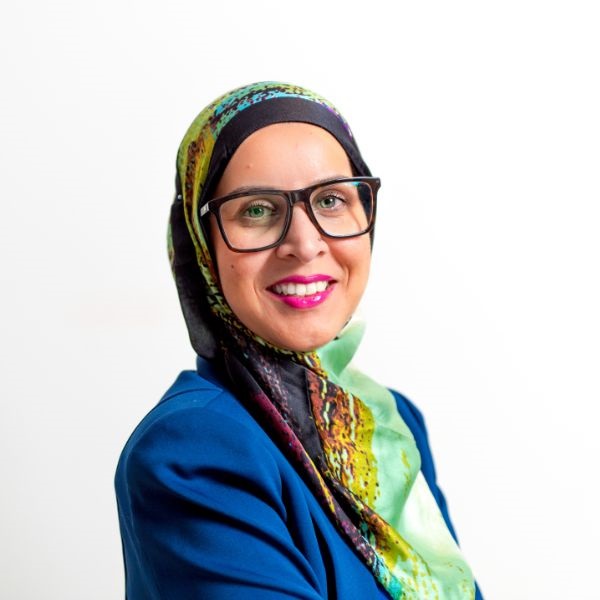
Toronto Metropolitan University is launching a new Executive Program in Combating Child Sex Trafficking and Online Child Sexual Exploitation (CST and OCSE).
Human trafficking is the second largest criminal industry worldwide, second only to the illegal drug trade. CST and OCSE are rapidly growing and evolving threats to the safety and wellbeing of children — with serious implications.
If you occupy a strategic role in healthcare, education, social services, law enforcement or the legal profession, this executive program will equip you to expand your organization’s capacity to respond to the risks, harms and complex needs of victims and survivors in meaningful and effective ways.
By bringing together the experience, knowledge and expertise of survivors, leading researchers and community partners, the program will prepare you to build proactive strategies that address CST and OCSE across organizations, sectors and borders.
Upon completion of this program, participants will receive a certificate of completion from Toronto Metropolitan University.
At a Glance
Delivery
5 sessions online + 4 in person (hybrid options available)
Certificate Program
Timing
9 sessions from September to December, 2025
Fees
$5,000 (CAD)
Open To
Local, national and international participants

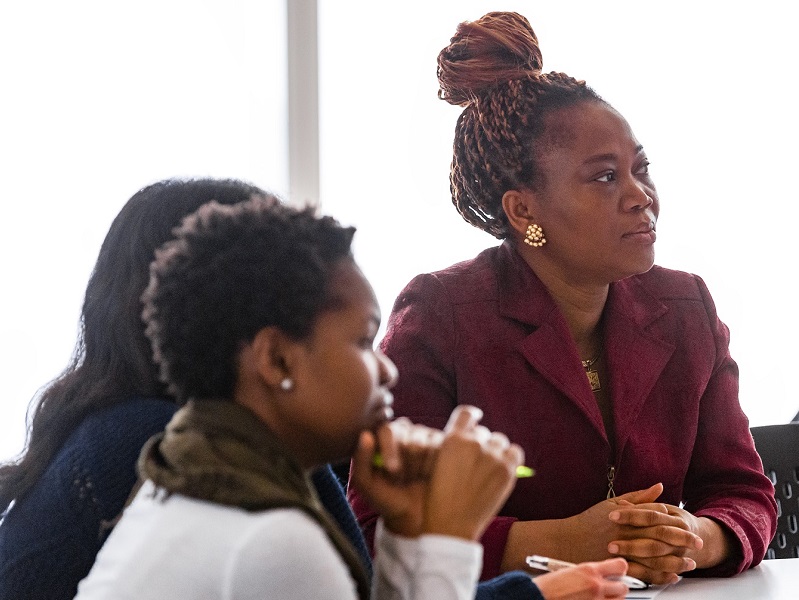


Meet the Program Director
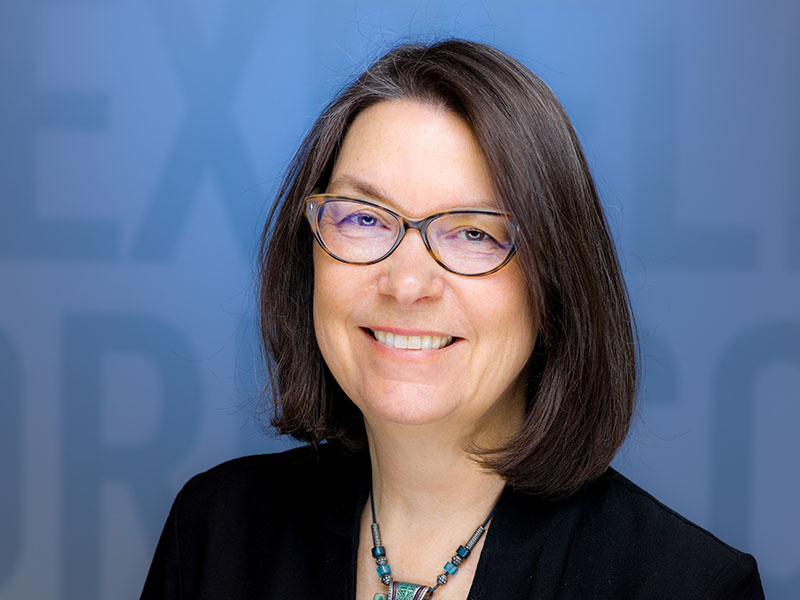
Dr. Jennifer Martin is a full professor in Child and Youth Care and the associate dean of scholarly, research and creative activity at the Faculty of Community Services, Toronto Metropolitan University. Her interdisciplinary research focuses on child and youth trauma, child sexual abuse, online child sexual exploitation and child sex trafficking. She has long-standing relationships with governments, Indigenous partners, and non-profit agencies in Canada and internationally, and is an internationally recognized expert who has served as a policy consultant for governments in Canada, the United States and the United Kingdom.
She has published extensively in high-impact national and international journals and regularly presents her work at conferences worldwide. She was the first in Canada, and one of the first internationally, to explore practitioner conceptualizations of child sexual abuse images online. She was awarded a SSHRC Partnership Development Grant project titled Child Sexual Abuse Images Online: Identifying and Addressing Knowledge Gaps and Multilevel Barriers to Cross-Sectoral Responses. This project further facilitated collaboration between law enforcement, children’s mental health, and child welfare sectors to advance knowledge about the potential impact of online child sexual exploitation on child victims.
Dr. Martin and her research teams continue to influence scholarly work and policy at the national and international level, and she recently held a two-day symposium at TMU titled Child Sex Trafficking and Online Child Sexual Exploitation: The Way Forward - A Shared Responsibility, funded by the Social Sciences and Humanities Research Council of Canada. One of her current research projects is investigating promising practices to support the families of children who have been sex trafficked, funded by the Ontario Ministry of Children, Community and Social Services. Her ongoing work continues to explore how child sex traffickers use new technologies to lure, sell, abuse, threaten and control child victims including using abuse imagery, live interactive webcam streaming and tracking technology. She is frequently invited to present her research, provide expert opinion and provide training by governmental and non-governmental organizations. Select invitations have included:
- The Provincial Anti-Human Trafficking Strategy invited her to collaborate in the provision of specialized training to law enforcement, children’s mental health, and child protection professionals across the GTA;
- WeProtect Global Alliance and End Child Prostitution and Trafficking (ECPAT) International asked her to join its Global Experts Roundtable Panel;
- The Department of Justice Canada asked her to serve on its Research Subcommittee of the National Child Advocacy Centres/Child & Youth Advocacy Centres Network;
- The Home Office, London, United Kingdom, asked her to serve as an expert consultant in roundtable discussions on online child sexual exploitation and trafficking;
- The Assistant Deputy Minister, Community Safety and Countering Crime Branch, and the Senior Policy Advisor, Serious and Organized Crime Strategies Division, Public Safety Canada, invited her to present her findings in Ottawa to inform the National Strategy for the Protection of Children from Sexual Exploitation on the Internet.
She continues to work across sectors, with survivors, professionals and policy makers, locally and globally. Together, her extensive record of scholarship and numerous invitations to provide expert knowledge illustrate the impact of her research and her deep commitment to protect children’s right to live their lives free from all forms of violence.
Program Features
While people at any organizational level might interface with issues of child sex trafficking or online child sexual exploitation, this program is specifically designed for professionals in leadership positions.
You’re a leader in a sector that interfaces with child sex trafficking and online child sexual exploitation:
- child protection
- education
- healthcare
- hospitality
- human services
- legal
- law enforcement
- journalism
- digital technology
- religion/faith
You’re a leader in your organization, and you:
- formulate policies, responses and guidelines
- direct/develop programs to inform, educate and train staff
- oversee those who handle incidents or interact with victims and/or survivors
You’re a healthcare professional who desires optimized understanding and practice in order to intervene/advocate for clients
National and International Participants are Welcome
Child sex trafficking and online child sexual exploitation are global crimes that cross borders and require international awareness and collaboration.
Local, national and international participants are welcome. Hybrid arrangements are available for those outside Toronto.
At a Glance
9 sessions
January 17 to April 11, 2025
5 online
Wednesdays from 6:30 - 8 p.m.
4 in person/hybrid
Fridays from 10 a.m. - 5 p.m.
Schedule
| Date | Time | Topic | Delivery | Instructors |
|---|---|---|---|---|
| Friday, January 17, 2025 | 10 a.m. - 5 p.m. | Equity, Victimization, Child Sex Trafficking and Online Child Sexual Exploitation In this session, we use an equity and survivor-driven framework to define and situate the understanding of child sex trafficking and online sex exploitation (CST and OCSE). The session provides a geographic orientation to the issues from their transnational to their local contexts. We define victim and victimization of CST and OCSE, and critically discuss historical and current trends and perspectives related to what has changed and what remains the same in relation to challenges, use of technology, strategies, and risk factors. We discuss the evolution of CST and OCSE in parallel with the evolution of technology. We explore how access to technological/AI tools is evaluated in child protection/rights versus the role of the offenders, and how technology mediates investigation and responses to CST and OCSE. The mechanisms used in selection, access, and desensitization of victims will also be explored. |
In person/hybrid (light breakfast and full lunch will be provided) |
|
| Wednesday, January 22, 2025 | 6:30 - 8 p.m. | Equity and CST/OCSE | Online |
|
| Wednesday, February 5, 2025 | 6:30 - 8 p.m. | Migration/Immigration and CST/OCSE | Online |
|
| Friday, February 14, 2025 | 10 a.m. - 5 p.m. | Forensic Interviewing, Clinical Assessment, and Trauma-Informed Clinical Practice How do we respond to communities and families with practical strategies to address medical and clinical treatments and services for children and youth affected by CST and OCSE? What does trauma-informed forensic interviewing of children and youth look like? This session maps out pathways toward research and evidence-informed protocols and strategies when dealing directly with children and youth impacted by CST and OCSE. A strong focus is placed on the unique and specialized skills required to simultaneously assess, intervene in and investigate particular situations as well as the risks and possible harms associated with inadequate understandings and preparations to proceed in responding. The session highlights the meanings of trauma-informed practices in this context, and provides a series of both practical and principle-based concepts and approaches and how these contribute to a fully integrated and holistic response. The session is focused on how leaders can support their organizations in acquiring appropriate skills for implementing an integrated trauma-informed clinical approach in forensic interviewing. This session uses critical discussions, case studies, and a community response protocol to generate capacity for leaders to develop competency and fully integrated response strategies within their own organizations. |
In person/hybrid (light breakfast and full lunch will be provided) |
|
| Wednesday, February 26, 2025 | 6:30 - 8 p.m. | Performance Measurement and Organizational Accountability | Online |
|
| Wednesday, March 5, 2025 | 6:30 - 8 p.m. | Inventory of Existing Services for Trafficking | Online |
|
| Friday, March 21, 2025 | 10 a.m. - 5 p.m. | Legislation, Legal Frameworks, and Responses to Child Sex Trafficking and Online Child Sexual Exploitation In this session, we explore laws, legislative initiatives, and legal responses (i.e., government, technology, industry, and law enforcement response) to child sex trafficking and online child sexual exploitation (CST and OCSE). We also explore legal concepts and legal definitions related to rights of the child and explore how these vary nationally/internationally and the challenges inherent in this variation. International regulatory scheme for online offending against children will also be discussed. We bring understanding to the role of leaders in advancing regulatory schemes and legislation in child protection. The session also provides leaders with capacity to ensure congruence between organizational initiatives and responses and current legal and regulatory frameworks. |
In person/hybrid (light breakfast and full lunch will be provided) |
|
| Wednesday, April 2, 2025 | 6:30 - 8 p.m. | Organization/Community Relations and Social Impact | Online |
|
| Friday, April 11, 2025 | 10 a.m. - 5 p.m. | Adaptive Leadership and Organizational Culture in Child Sex Trafficking and Online Child Sexual Exploitation In this session, we explore leadership and leadership styles in addressing child sex trafficking and online child sexual exploitation (CST and OCSE) and championing change in organizations. We will discuss how leaders use complexity leadership alongside an equity framework in advancing efforts in CST and OCSE in diverse organizations, sectors, and political spheres. The use of adaptive leadership in application and dissemination of information to address CST and OCSE in changing organizations will also be discussed. Health and wellness of organizations/agencies in both learning and responding to CST and OCSE will be discussed from a trauma-informed perspective. The session provides leaders with increased capacity to reflect on and explore strategies for organizational responses that effectively engage with the rapidly shifting technology/AI ecology of CST and OCSE. The broader socio-economic dynamics associated with CST and OCSE such as the financial flows and macro-economic dynamics, as well as the role of financial institutions such as banks, will be explored. |
In person/hybrid (light breakfast and full lunch will be provided) | Morning session instructors:
|
The knowledge you’ll gain is comprehensive and advanced — and it’s designed for action.
Expect these key outcomes:
- Gain a transdisciplinary and multi-level (local, national, international) understanding of child sex trafficking and online child sexual exploitation (CST and OCSE).
- Be equipped to translate strategies into policy and practice standards in the context of your own professional situation and organization.
- Use lived experiences, survivor-informed approaches, and insights into the most impacted communities (Black, Indigenous, racialized and disability) to inform organizational strategies and responses.
- Become aware of professional activities related to CST and OCSE — and build an interprofessional, cross-sectoral community of practice to address the issues in a sustained, ongoing way.
- Use jurisdictional and professional nuances to create multidisciplinary/interprofessional approaches to strategy and program development.
Join a community of practice; build new collaborations
Deliver better client outcomes and quality of life
Expect better funding outcomes for grant proposals
Join the leading edge of best practices and future-building
Develop a business plan specific to your role and organization
Program News

Contact
Ashley Wall, Program Coordinator
